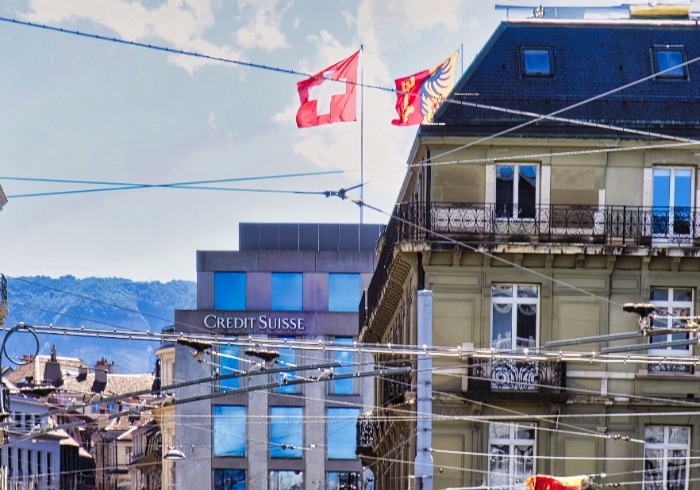Credit Suisse has lost a US$440mn lawsuit against SoftBank Group, which it accused of orchestrating a string of transactions to avoid being left with Greensill-related losses.
The case relates to investments made by a Credit Suisse fund in receivables sold by construction group Katerra, according to an October 15 judgment. The notes had been originated and securitised by Greensill Capital, which fell into insolvency in March 2021.
Katerra receivables started to fall into default in early 2020, and by the time of Greensill’s collapse, the value of the outstanding notes totalled US$440mn.
Japan’s SoftBank, an indirect investor and lender to Katerra via its Vision Fund, agreed in November 2020 to provide US$440mn to Greensill on the understanding that Greensill would use the injection of liquidity to repurchase the outstanding notes from the Credit Suisse fund.
However, Greensill did not use the funds for that purpose, meaning the Swiss lender – which was taken over by UBS in 2023 – was left with its exposure to Katerra.
In a lawsuit filed in London in 2022, Credit Suisse argued that SoftBank and several of its group entities had “orchestrated the transaction in order to obtain Katerra free of debt”.
But the High Court found that SoftBank did not know Greensill had failed to buy back or redeem the Katerra notes, instead deploying the funds elsewhere.
Lord Justice Miles found that as of December 2020, SoftBank employees believed the financier’s founder and chief executive, Lex Greensill, “had used the money for the purpose for which he had asked for it”.
The lender was not culpable for not inquiring whether this was the case, he added.
Although there was no contractual requirement for Greensill to use the funds to repurchase the Katerra notes, he ruled that Lex Greensill “had come to [SoftBank] seeking US$440mn for a quite specific purpose”, and SoftBank had no reason to believe that would not occur.
The judgment includes internal correspondence between two Greensill employees in November 2020, which states: “We have cash from [SoftBank] to repurchase Katerra, that cash is being used for other stuff, we will get another instalment from somewhere else, but that is paying off [Credit Suisse] loan and other stuff.”
Another email the same month between employees in Greensill’s finance division says the company “seem[s] to have gone through all the US$440m intended for Katerra having only paid US$70m toward it”.
SoftBank only discovered Greensill had not used the funds for the intended purpose until “some time after December 30, 2020”, the judgment said.
Justice Miles also found SoftBank did not benefit from the transaction as argued by Credit Suisse.
Although SoftBank did acquire Katerra shares worth US$200mn via one of its Vision Fund entities, it paid US$200mn to do so, and its pre-existing shareholding was written down effectively to zero, the judgment said. Other SoftBank investments in Katerra, totalling nearly US$2bn, were wiped out.
Credit Suisse had also argued SoftBank “unilaterally imposed the transactions on Greensill”.
But Justice Miles found that while SoftBank was anxious to protect its investments, it was not in a position to orchestrate the transactions by imposing terms on Greensill or Katerra.
A spokesperson for UBS said: “We acknowledge the court’s decision in this legacy matter. The Credit Suisse fund is reviewing the judgment and evaluating next steps. We remain committed to taking all appropriate actions to maximise recovery for the benefit of all stakeholders.”
A spokesperson for SoftBank said: “Today’s ruling fully vindicates SoftBank and confirms the allegations were simply a baseless attempt to redirect blame. SoftBank acted honestly, and this judgment sets the record straight.”
Representatives for Greensill declined to comment.







